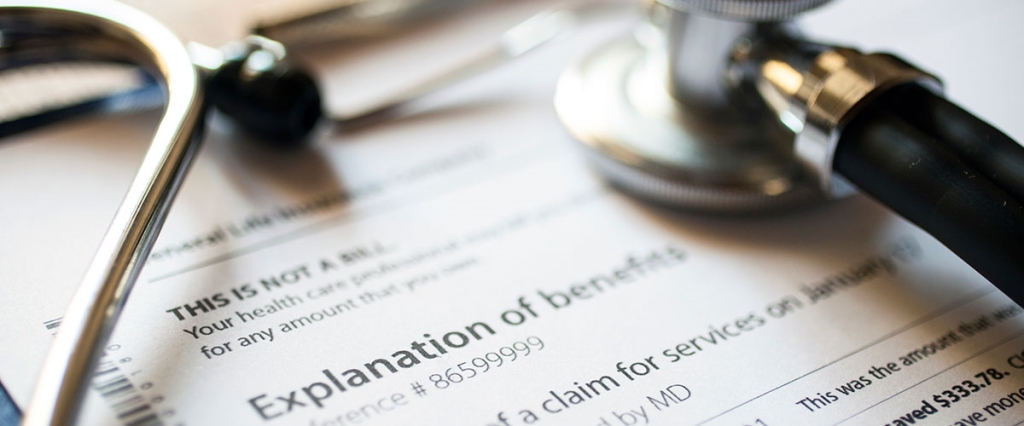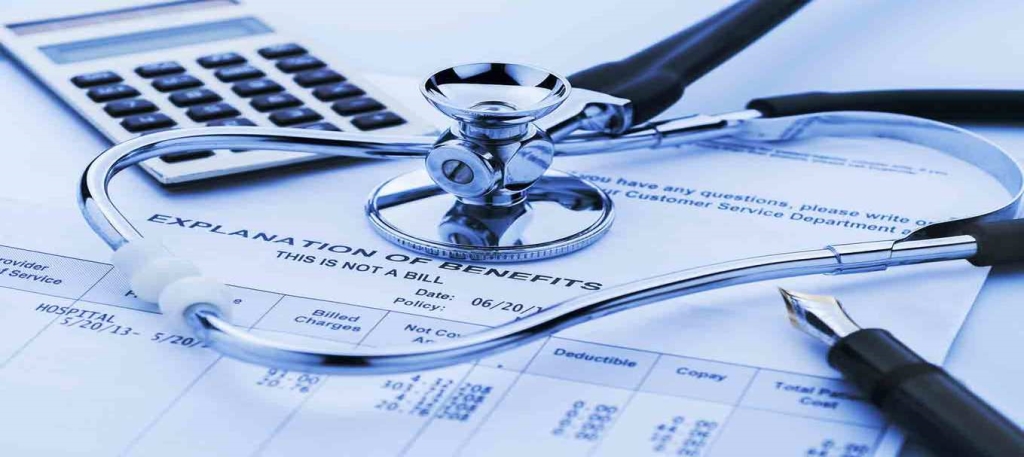**Title**: A Comprehensive Guide to Medical Billing
**Introduction**:
Medical billing is a crucial aspect of the healthcare industry that ensures healthcare providers receive payment for the services they provide to patients. It involves the process of submitting and following up on claims with health insurance companies in order to receive payment for medical services rendered. In this article, we will explore the ins and outs of medical billing, its importance, benefits, and practical tips for success.
**What is Medical Billing?**
Medical billing is the process of submitting and following up on claims with health insurance companies in order to receive payment for medical services rendered by healthcare providers. It involves translating healthcare services into billing claims, which are then submitted to insurance companies for reimbursement.
**Why is Medical Billing Important?**
Accurate and timely medical billing is essential for the financial health of healthcare providers. By ensuring that claims are submitted correctly and in a timely manner, healthcare providers can maximize their reimbursement and cash flow. Additionally, proper medical billing helps to avoid billing errors, reduce claim denials, and maintain compliance with regulatory requirements.
**Benefits of Medical Billing**:
1. **Improved Cash Flow**: Proper medical billing can help healthcare providers improve their cash flow by ensuring timely reimbursement for services rendered.
2. **Reduced Claim Denials**: Accurate medical billing can help reduce the likelihood of claim denials, which can lead to delays in payment and revenue loss.
3. **Enhanced Compliance**: Proper medical billing practices help healthcare providers maintain compliance with regulatory requirements, reducing the risk of fines and penalties.
4. **Increased Efficiency**: Streamlining the medical billing process can help healthcare providers save time and resources, allowing them to focus on providing quality patient care.
**Practical Tips for Successful Medical Billing**:
1. **Use Electronic Health Records (EHR)**: Utilizing EHR systems can help streamline the medical billing process by automating tasks such as claim submission and documentation.
2. **Stay Up-to-Date with Coding Changes**: Keeping abreast of changes to medical billing codes and regulations is essential for accurate billing and reimbursement.
3. **Verify Insurance Coverage**: Before providing services, verify patients’ insurance coverage to ensure claims will be reimbursed.
4. **Follow Up on Unpaid Claims**: Regularly follow up on unpaid claims to avoid revenue loss and identify and address any issues causing delays in payment.
**Conclusion**:
medical billing is a critical component of the healthcare industry that ensures healthcare providers receive payment for the services they provide. By following best practices, staying up-to-date with coding changes, and utilizing technology, healthcare providers can optimize their revenue and ensure financial stability. Proper medical billing not only benefits healthcare providers but also improves patient care by ensuring providers can continue to offer quality services.



